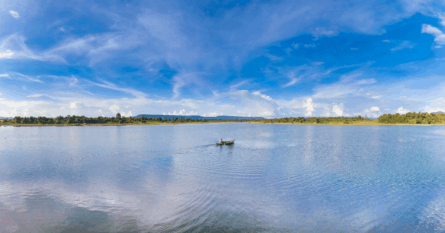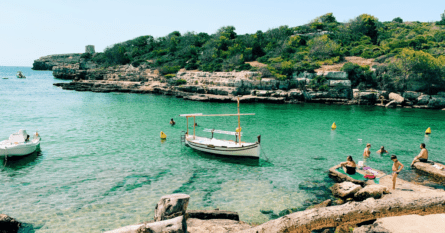Ecotourism no longer means trekking out to remote villages or spending time deep in the wilderness.
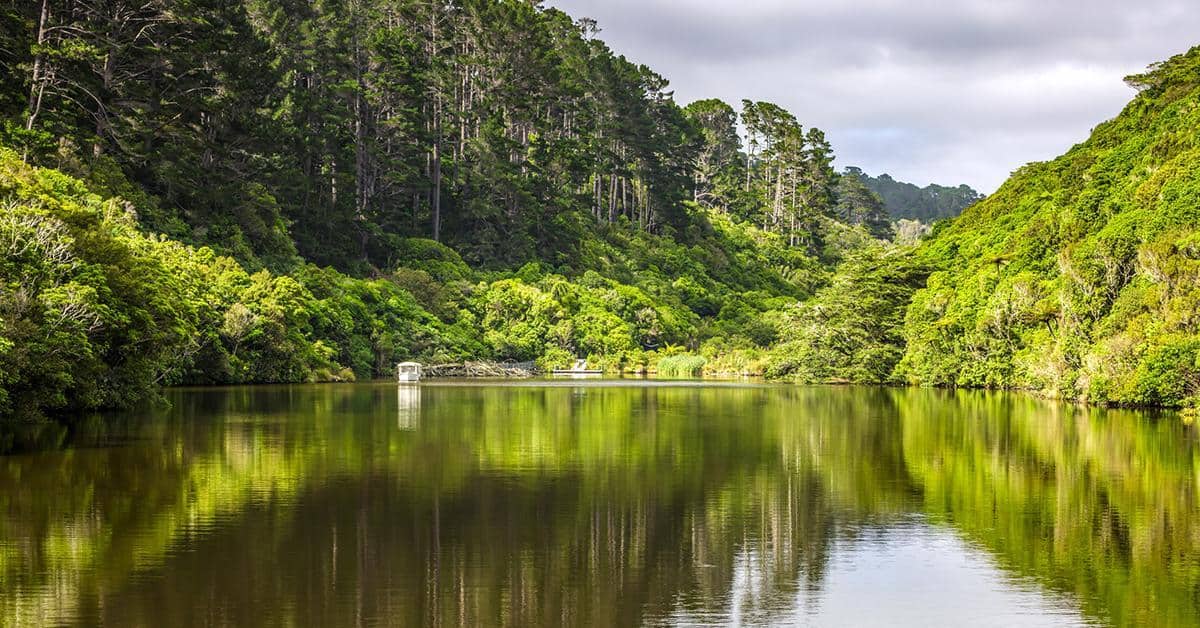
Sustainable travel has been an ongoing trend within the tourism industry for some time now and it is showing no sign of slowing down for 2019.
Until recently, those who wanted to reduce their impact on local communities or give back to mother nature had fewer options for spending their tourist dollars. Today, thanks to the growing awareness and popularity of sustainable travel, there are countless ways to engage, no matter where you go or how you travel.
In 2018, booking.com released their latest sustainable travel survey, revealing the majority of global travelers (87
This is evident in the ever-increasing number of businesses participating in the green travel movement. Whether they are offering a carbon-footprint-eliminating experience, helping to preserve their local ecosystem, or educating travelers about problems within their local communities – every little bit counts
One area in which ecotourism seems to be experiencing significant growth is in the world’s major cities. A growing trend for sustainable and locally sourced food, beverages, and products, as well as increased demand for eco-conscious
Below are a few city-centric sustainable brands and destinations for you to keep in mind when booking your next trip.
Vilarnau Cava, Barcelona, Spain
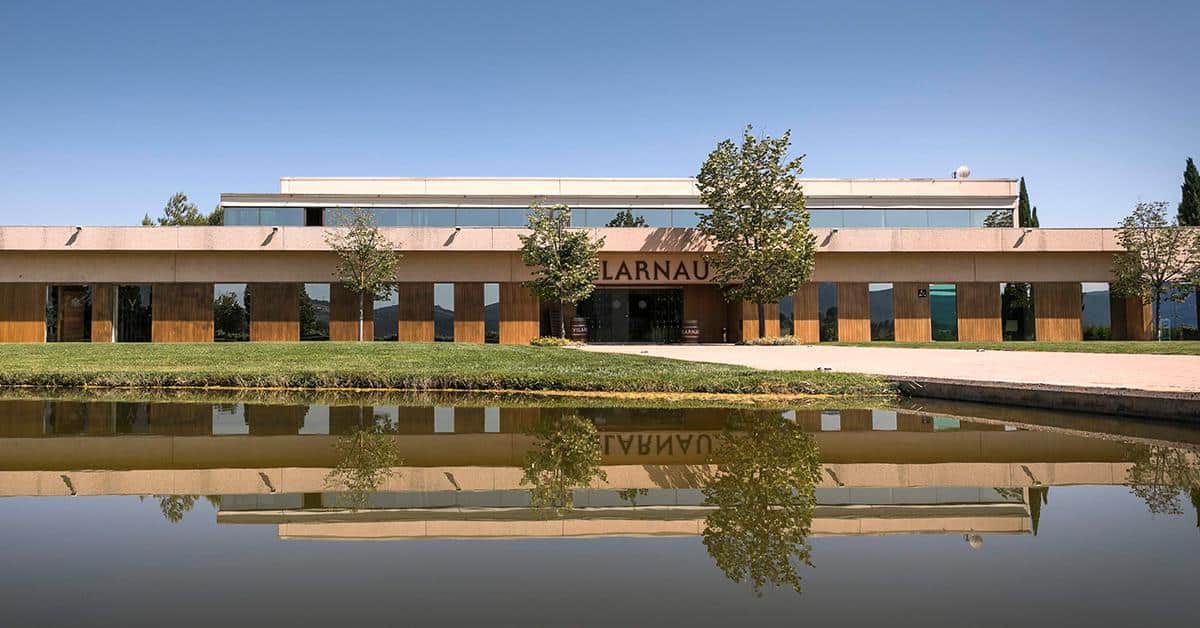
Located just an hours drive from Barcelona, Vilarnau Cava provides travelers with breathtaking views of the region’s iconic mountain range Montserrat and a gorgeous selection of organic wines
In 2018, Vilarnau Cava scooped up a gold medal at the prestigious Mundus Vini Wine Awards in Germany for their Organic Brut Nature Reserva. They were also awarded the Wineries for Climate Protection certification by the Spanish Wine Federation – the first in their region to be certified. The success and popularity of their organic tipple has seen them make plans to up the production of their organic range in the coming years, dedicating more space in their vineyard for pesticide-free grapes come 2019.
Visit their cellar door for a tasting, or book an Essence of Vilarnau Tour which starts in their picturesque vineyard, followed by a guided walk through their winemaking facilities and cellars.
h2hotel, Sonoma County, California
In the center of Sonoma County, surrounded by miles of hiking trails and vineyards, you will find h2hotel, built on the former site of a gas station and offering cutting-edge eco accommodation.
Located just 1.5 hours by car from San Francisco, h2hotel is a worthy addition to any itinerary that takes you to The Golden
h2hotel filters all of its
The hotel is designed with relaxation in mind, describing itself as a place where “serenity rules”. All furniture and textiles are sustainably sourced, and their on-site spa offers a Farm to Spa pamper package, which uses locally crafted products. And, for those rolling up in a Tesla, h2hotel offers complimentary electric car charging for all its guests!
Orana restaurant, Adelaide, Australia
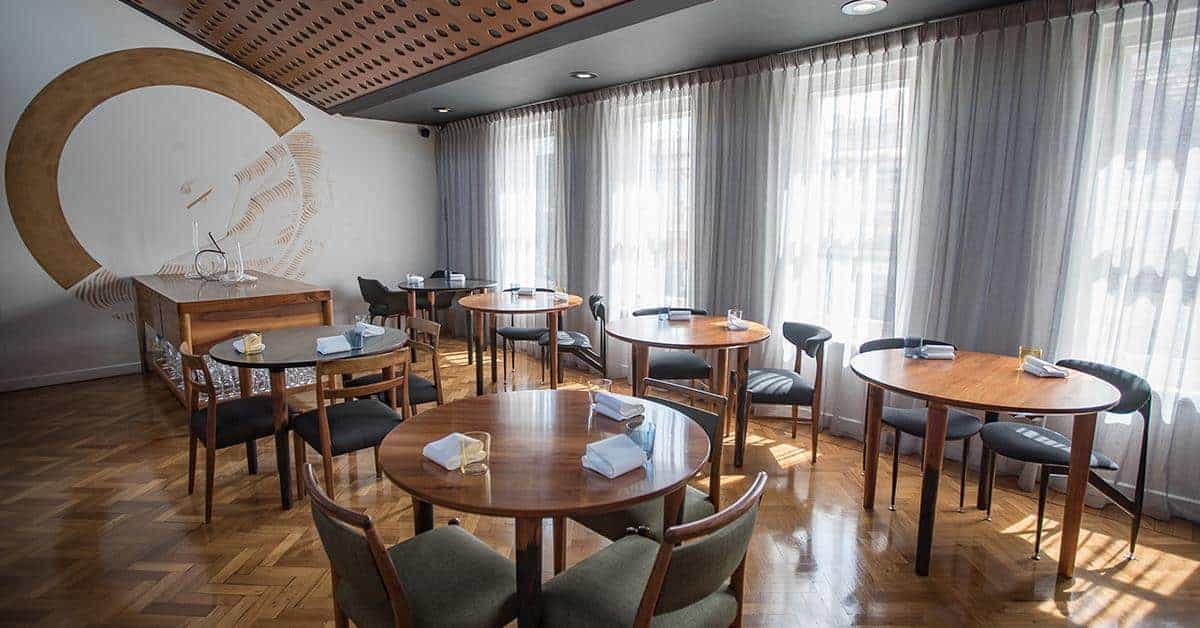
Think traditional Australian cuisine, and barbequed shrimps, meat pies, and kangaroo steaks are likely what comes to mind. However, Orana head chef and owner Jock Zonfrillo is making it his mission to bring Aboriginal culinary and cultural traditions to the forefront. He has visited many remote Indigenous communities to understand the origins of Australian ingredients and worked with these communities to showcase their food and heritage on Orana’s menu.
Eucalyptus, feral plum, beach succulent, and crocodile are just a few of the ingredients currently included in Orana’s tasting menu, which is constantly changing to adapt to whatever the restaurant’s two employed foragers can find seasonally.
Last year, Zonfrillo not only won the Basque Culinary World Prize 2018 for improving society through gastronomy
Zelandia Ecosanctuary, Wellington, New Zealand
Prior to the arrival of humans, New Zealand was isolated from the rest of the world, which meant it evolved a unique and extraordinary ecosystem.
With the goal of restoring 225 hectares of forest to its pre-human state, Zelandia Ecosanctuary is a wildly successful conservation project, having already reintroduced 18 endangered fauna species back into the area.
Just 10 minutes’ from downtown Wellington, Zelandia offers a place to spot some of New Zealand’s most captivating bird and reptile species, including the shy Spotted Kiwi, the cheeky Kakariki, and the ancient Tuatara.
Zelandia
Bushmans Kloof, Western Cape, South Africa
Explore 10,000-year-old rock art sites, enjoy an evening drive under a canopy of stars, or spot porcupines and bat-eared foxes at Bushmans Kloof wilderness reserve and wellness retreat.
Bushmans Kloof certainly isn’t a one trick pony when it comes to sustainability. Along with spearheading a number of conservation projects in relation to the local community and environment, the reserve has implemented an environmentally friendly waste disposal unit and a state of the art wastewater processor.
Additionally, the surrounds are closely monitored by specialist staff to ensure minimal ecological impact. During your stay, you can participate in loads of cool eco-friendly excursions, relax at their award-winning spa, or enjoy authentic Cape Town food and wine with views of their ruggedly beautiful surroundings.
Bushmans Kloof is located just three hours by car from Cape Town Airport, so book a reliable Blacklane limousine service, or take up the retreat’s transfer via chartered plane, available on request.


